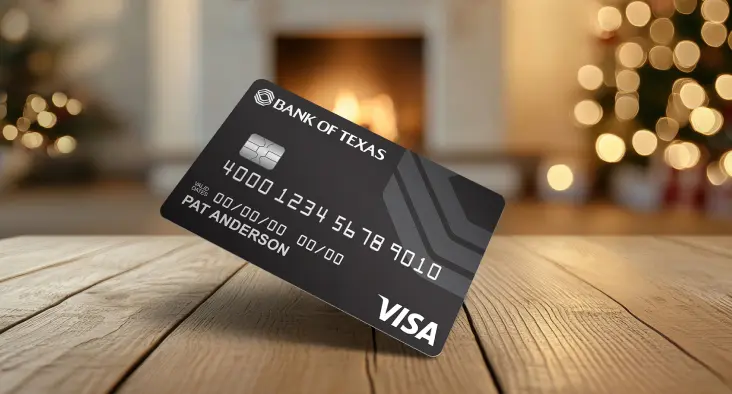Credit card cashing, also known as card cashing, has become an increasingly discussed financial practice in recent years. While some people turn to it as a way of getting quick funds from their available credit limit, it comes with significant risks that can outweigh any short-term benefits. Understanding these risks is crucial for anyone considering this method of accessing money. Below, we will dive into the top five risks of credit card cashing that you should know before making any decisions.
1. High Interest Rates and Fees
One of the biggest risks of 신용카드현금화95 is the financial burden it creates due to extremely high costs. Unlike regular credit card transactions where you may enjoy an interest-free grace period, cash advances from credit cards begin accruing interest immediately.
Additionally, most banks or card issuers charge a cash advance fee, usually around 3–5% of the withdrawn amount. This means if you cash out $1,000, you may immediately lose $30 to $50 in fees, and that’s before interest even starts piling up. Over time, these expenses can snowball, leaving you with far more debt than you initially withdrew.
2. Legal and Ethical Issues
Credit card cashing can cross into legally questionable territory, depending on how it is done. For example, in some regions, organized card cashing schemes are associated with fraud, money laundering, or tax evasion. Even if you are using your own card, engaging with third-party services that promise to convert your card limit into instant cash may be illegal.
There is also an ethical angle. By engaging in such practices, individuals may be violating their bank’s terms of service, potentially committing credit card misuse. If discovered, this could lead to legal consequences or permanent account bans.
3. Damage to Your Credit Score
Your credit score reflects how responsibly you manage debt. Frequent credit card cashing can harm your credit score in multiple ways. First, withdrawing large sums via cash advances will spike your credit utilization ratio, which is a major factor in credit scoring. High utilization signals to lenders that you may be financially strained.
Secondly, if you are unable to keep up with high repayment demands, late or missed payments will be reported to credit bureaus, further damaging your score. Over time, this can make it harder to qualify for loans, mortgages, or even new credit cards.
4. Debt Trap and Financial Instability
Credit card cashing can easily create a debt trap. Because of the combination of fees, high interest, and immediate repayment pressure, many people end up borrowing again just to pay off what they owe. This cycle quickly becomes unsustainable, leading to long-term financial instability.
For individuals already facing financial struggles, credit card cashing may seem like a lifeline. However, in reality, it often worsens the problem, pulling borrowers deeper into debt rather than helping them escape it.
5. Exposure to Fraud and Scams
Another serious risk is becoming a victim of fraud. Many third-party services advertise “credit card cashing” as a fast and easy solution, but not all of them are legitimate. Fraudsters may charge high commissions, steal personal information, or even disappear with your money altogether.
Sharing sensitive details like your credit card number, PIN, or CVV with unverified platforms is extremely dangerous. Once this data is in the wrong hands, it can lead to identity theft, unauthorized charges, and financial loss that may take years to recover from.
Final Thoughts
While 카드 현금화 might look like a quick solution to access money, it comes with far-reaching risks. High fees, legal troubles, a damaged credit score, long-term debt, and the potential for scams all make it a dangerous financial strategy.
Instead of relying on credit card cashing, it is better to explore safer alternatives such as personal loans, balance transfers, or negotiating with banks for structured repayment plans. These options are more transparent and carry fewer risks.

